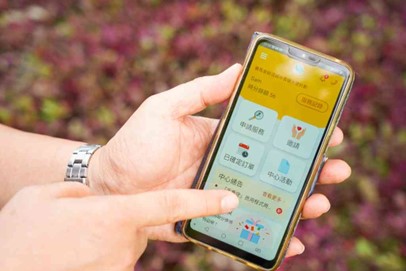Background: Hong Kong's aging population will continue to accelerate in the coming few years. Taking care of older adults is necessary but not enough for an ageing society. Promoting volunteering with rewards is important for older adults as well as the society. However, there are two competing theoretical perspectives arguing about decision of volunteer behaviors among this population: social exchange theory and socioemotionally selectivity theory. With these two contradictory perspectives, how the presence of rewards influences their volunteer behaviors among older population remains inconclusive. Furthermore, current research provided mixed evidence on the presence of rewards and volunteer behaviors and most exclusively focused on the presence of non-transferable individual rewards. However, the presence of transferable rewards which allow individuals to donate their rewards to other individuals or organizations is even more attractive to older people. No previous studies have attempted to investigate whether transferable rewards are more attractive and effective in promoting intention to continue volunteering among older people. Objectives: This study aimed to investigate the effect of a reward-based TimeBank program on promoting volunteering behaviors among older people. To be more specific, this study aimed to investigate: (1) whether the presence of rewards influences volunteering behaviors among older people, as predicted by the exchange theory; (2) Whether the effect of reward on volunteering behavior varies across ages among older people, as predicted by the socioemotional selectivity theory; (3) whether transferable rewards are more attractive and effective in promoting intention to continue volunteering among older people than non-transferable rewards; (4) how the perceived balance between benefits and efforts mediates the relationship between different types of rewards (none, non-transferable and transferable) and volunteer behaviors among older population. Methodology: This study proposed to use the multiple-pretests quasi-experimental design to test the effectiveness of time banking system on promoting volunteering. The quasi-experiment will last for 12 months (two phases and 6 months for each phase). Two districts will be selected as reward and non-reward districts. Participants. in these two districts will be openly recruited to participate a health ambassador volunteering project. Conclusion. This is the first study to test the relative contribution of social exchange theory, the socioemotionally selectivity theory on volunteering behavior of elderly and across age trajectory. This study will test the effectiveness of time banking system in the read-world and inform governments of intersectoral collaboration for scale-up implementation.

